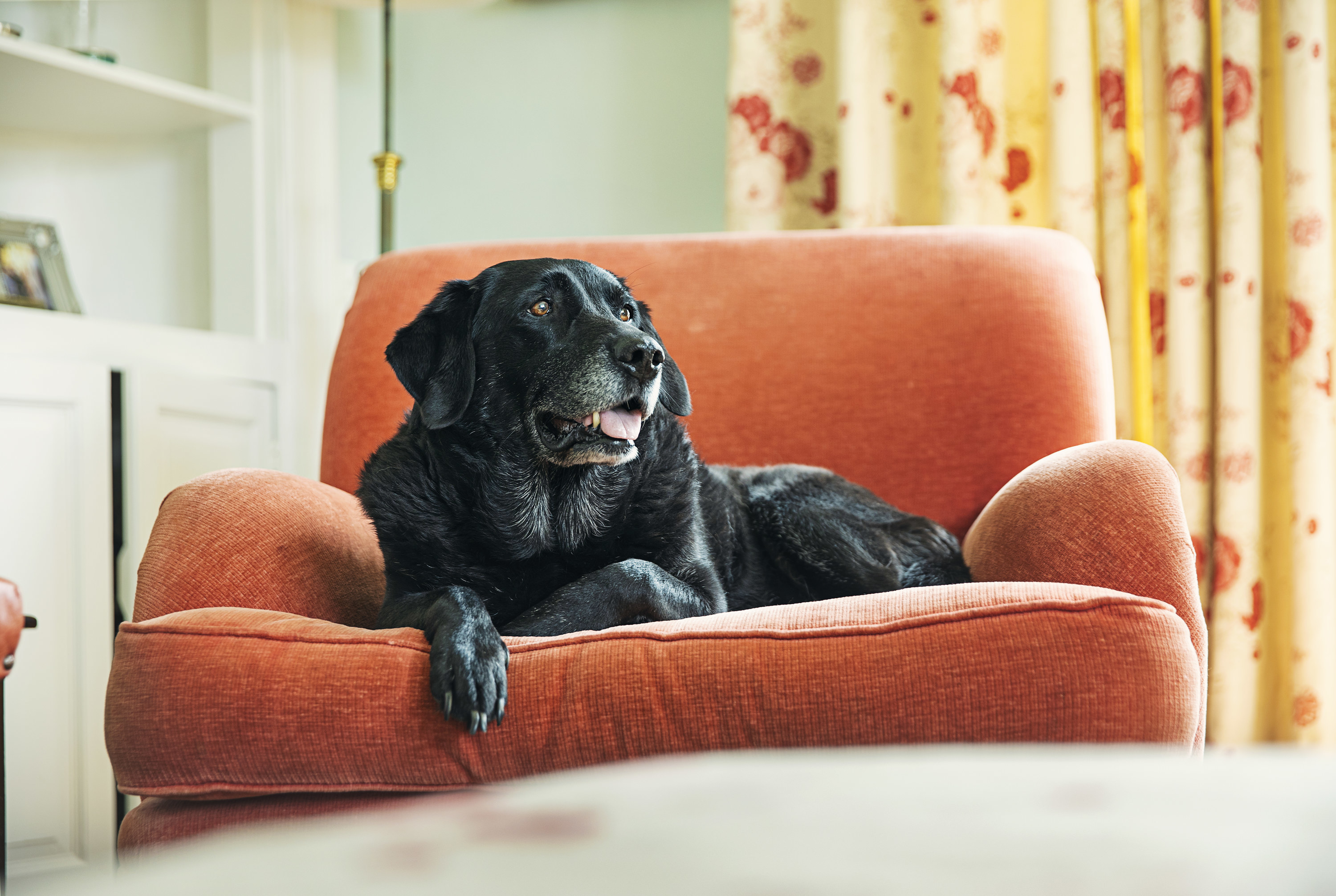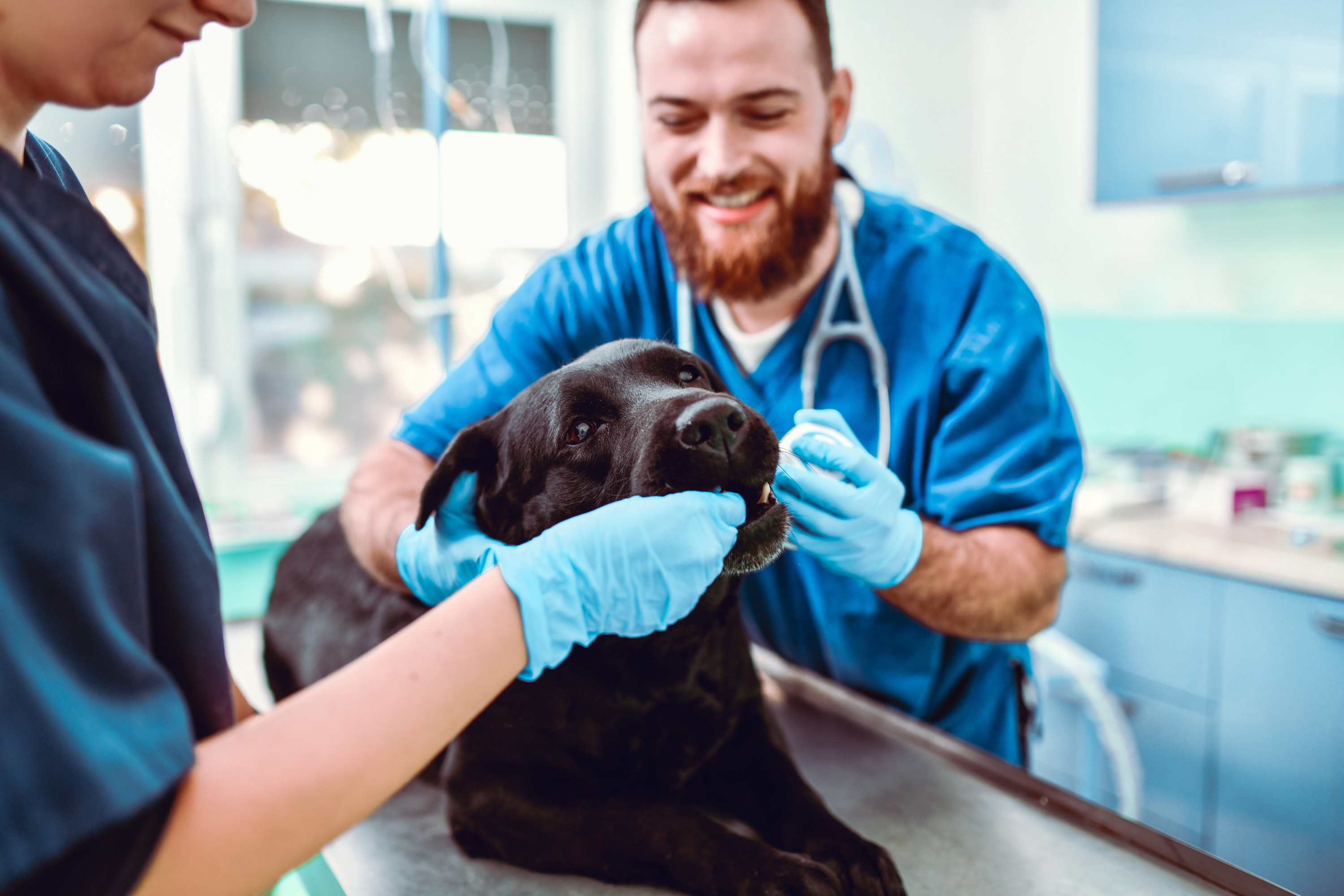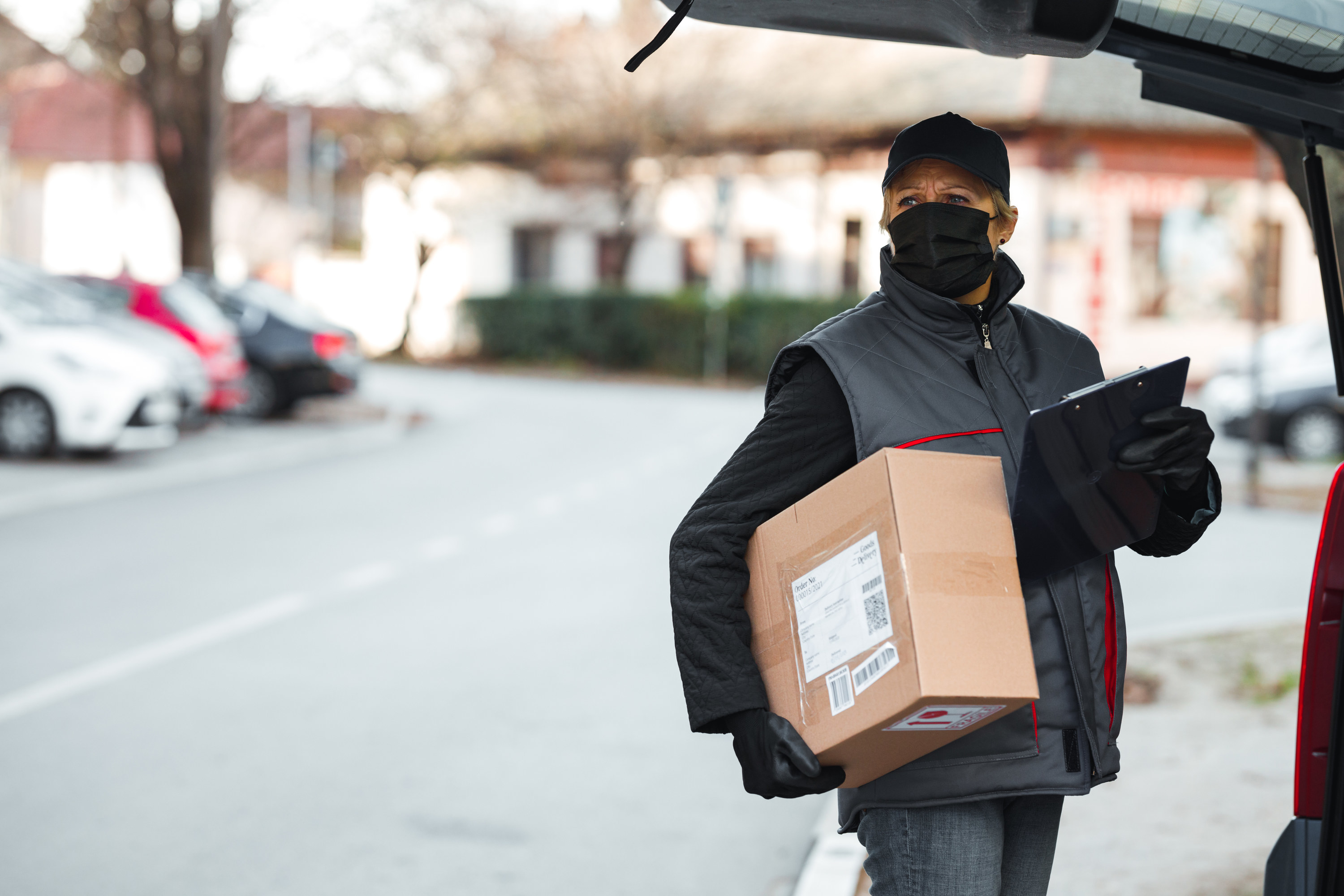We hope you love the products and services we recommend! All of them were independently selected by our editors. Just so you know, BuzzFeed may collect a share of sales or other compensation from the links on this page. Oh, and FYI, prices and rates are accurate as of time of publication.
Having pets has seriously enriched my life — but I can't say the same thing about my bank account, 'cuz I'm sure I've spent a small fortune on my cats over the years. I definitely don't regret it, but sometimes I wish I'd figured out some ways to spend a little less, you know?
So I asked the BuzzFeed Community to share what helps them save money on the things their pets need. Here's what they had to say:
Remember, just like every pet has different needs, what's worked for one person's budget might not make sense in yours. So look at these tips as inspiration, and do what works best for you.
1. First things first, if you're thinking about adopting a pet, take a good look at your budget and lifestyle to make sure you're really ready to make the commitment.
2. And it's a good idea to make sure you've got the essentials covered (like food and medicine) before you drop any cash on toys, beds, or treats.

3. Sometimes your pets will get more enjoyment from playing with (or sleeping on) things that you already own than they will from the things that you buy for them.
4. You can make your pet's meals or treats yourself; just check with your veterinarian first to make sure you're only using safe and healthy ingredients.
5. Feeding your pet a healthy diet and taking care of their teeth can help prevent costly problems down the road.

6. For dental care, see if a specialist can offer their services for less than your regular vet.

7. If your pet needs regular grooming, see if you can do some of it yourself. Trimming your cat's nails or giving your dog a bath at home can help you cut grooming costs.
8. Autoship can help you save on items you buy regularly, like food, flea prevention meds, and litter.

9. Look for toys, shampoo, and other products at discount stores — they often have much better prices than pet stores.
10. Tractor and farm stores can also be a great place to find more affordable pet supplies, especially if you can buy in bulk.

11. It can be a lot of work, but some people get free or discounted products for their pets through social media.

12. Consider taking out a pet insurance policy or signing up for your vet's wellness plan to help you cover your pet's medical costs.
13. And see if you can find a cheaper vet through animal groups in your area.
14. And finally, if you can't make a payment plan with your vet, look into services that can help you spread your pet's medical bills out over time.

Note: Submissions were edited for length and clarity.
What helps you save money while still giving your pet a great life? Share your best tips in the comments.
And for more money tips and tricks, check out the rest of our personal finance posts.
